SEC Settles California Trader with Over $234,000 Spoofing Scheme
Abstract:The SEC settles with Ryan N. Cole, imposing a $234,000 fine and a five-year trading ban for spoofing in the options market, marking a crackdown on market manipulation.
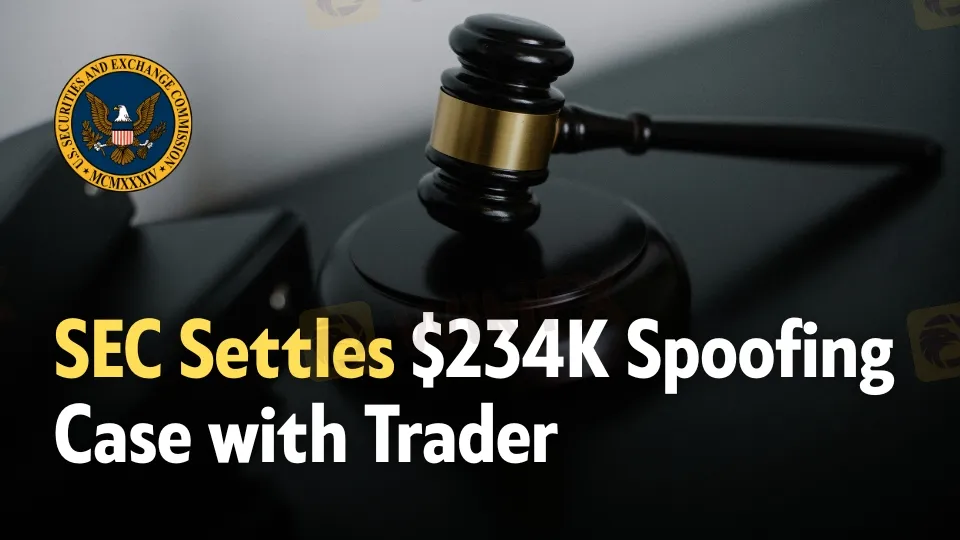
The SEC has reached a settlement with trader Ryan N. Cole over an alleged options spoofing scheme that generated approximately $234,000 in illicit profits, with the deal requiring disgorgement, prejudgment interest, a civil penalty, and rare five-year SEC trading restrictions subject to court approval.
According to the SEC complaint, Cole allegedly used spoof orders in thinly traded options to manipulate the National Best Bid and Offer before executing multi-leg immediate-or-cancel orders at favorable prices influenced by his visible activity.
Cole consented, without admitting or denying the allegations, to a final judgment imposing permanent injunctive relief, $234,803 in disgorgement, $52,656 in prejudgment interest, and a $70,441 civil penalty, alongside the five-year prohibition on opening or trading in brokerage accounts without providing brokers copies of the complaint and judgment.
How the Scheme Worked
Regulators allege Cole placed large visible day-limit spoof orders across neighboring options series to create an illusion of supply or demand, tightening wide bid-ask spreads in thin markets.
When spreads narrowed, he allegedly fired multi-leg IOC orders through the complex order book—often across venues—to capture fills at prices influenced by the spoofing, then canceled the decoy orders and repeated the tactic to exit positions.
The SEC also alleges he attempted to conceal the activity from his employers compliance staff, providing evasive responses before being terminated in February 2022.
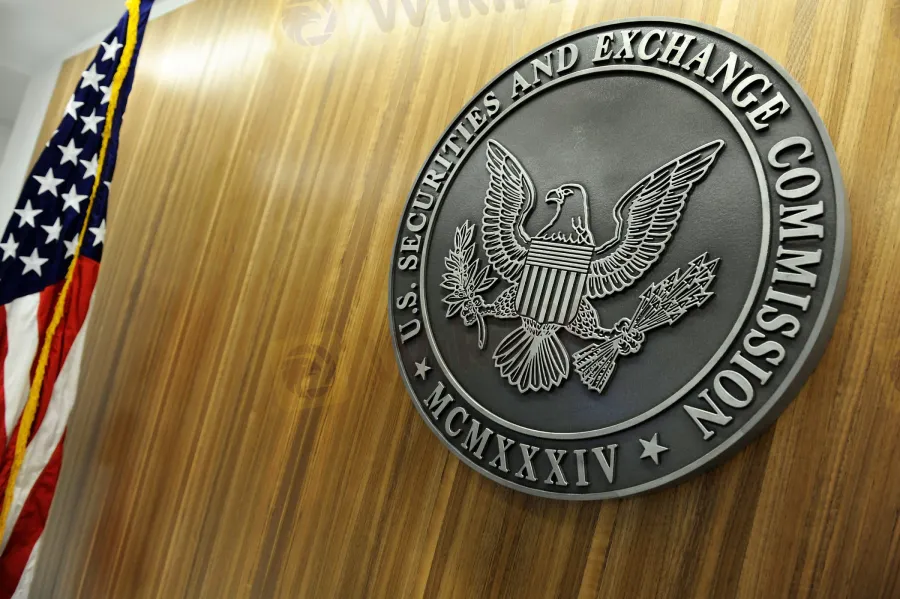
Legal Basis and Enforcement Context
While spoofing is explicitly prohibited in futures under the Dodd-Frank Acts anti-spoofing provision in the Commodity Exchange Act, the SEC brings securities spoofing cases under antifraud and anti-manipulation provisions, including Exchange Act Section 10(b), Rule 10b-5, Securities Act Section 17(a), and Exchange Act Section 9(a)(2).
The SEC‘s complaint charges Cole with violations of Section 17(a)(1) and (3), Section 10(b) and Rules 10b-5(a) and (c), and Section 9(a)(2), reflecting the agency’s securities-market approach to spoofing enforcement distinct from the Dodd-Frank Act spoofing ban in futures markets.
The case aligns with the SECs broader push to police options market manipulation, aided by cross-venue surveillance and data analytics that flag patterns such as high cancel-to-trade ratios and repeated IOC usage after visible order placement.
The Five-Year Restriction
Under the proposed final judgment, Cole would be prohibited for five years from opening, maintaining, or trading in any brokerage account in his name, family members names, entities he controls, or third parties, without first providing the broker-dealer a copy of the SEC complaint and final judgment.
This condition underscores the SECs message that individual traders—not only institutions—face aggressive enforcement when their conduct manipulates market microstructure in the options market.
Why It Matters
The settlement highlights the SECs continued focus on options market integrity and the evolving toolkit to detect spoofing-style options manipulation, even where the Dodd-Frank Act spoofing ban applies expressly to futures rather than securities markets.
For market participants, the case underscores that spoof orders described in an SEC complaint can trigger severe remedies, including injunctive relief, disgorgement, civil penalties, and multi-year trading restrictions—particularly where schemes exploit thin liquidity and complex order routing via IOC orders.
Stay tuned for the latest news from financial authorities and major regulatory bodies. Scan the QR code below to download and install the WikiFX App on your smartphone.

Read more

Behind the Licences: Is Pepperstone Really Safe for Malaysians?
Pepperstone has built a global reputation as a forex and CFD broker, and it frequently highlights its network of international licences. Yet, when examined through WikiFX, the picture becomes more complex.
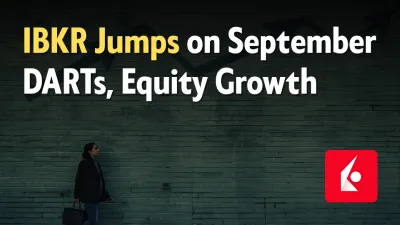
IBKR Jumps on September DARTs, Equity Growth
Interactive Brokers' stock climbs after strong September metrics, with DARTs and client equity surging while Citigroup lifts its price target.
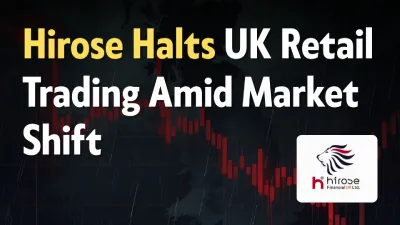
Hirose Halts UK Retail Trading Amid Market Shift
Hirose Financial UK suspends retail forex services, citing a shift toward institutional trading despite strong revenue growth.
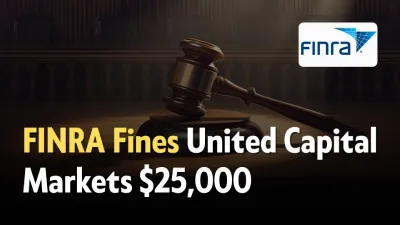
FINRA Fines United Capital Markets $25,000
FINRA fined and censured United Capital Markets $25,000 for supervisory gaps and unapproved, exaggerated retail communications in 2018–2019.
WikiFX Broker
Latest News
Behind the Licences: Is Pepperstone Really Safe for Malaysians?
Promised Recession... So Where Is It?
Happy Mid-Autumn Festival from WikiFX to YOU!
Rate Calc

